Getting reimbursed properly for performing procedures is all in the details, especially in areas that can be confusing to code.
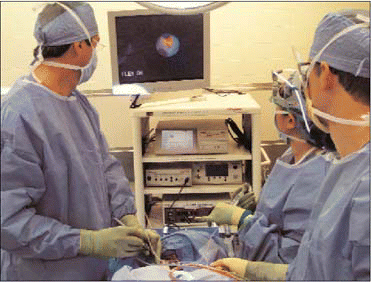
Sialendoscopy: On the Brink of Prime Time in the US?
Report from the Society of University Otolaryngologists

Steroidal Sprays for Rhinosinusitis: Experts Assess a Review
In a review of the literature published in The Cochrane Library, two Israeli authors conclude that the use of topical corticosteroid nasal sprays-either alone or in combination with antibiotic therapy-shows an advantage over placebo in the treatment of the symptoms of acute rhinosinusitis.
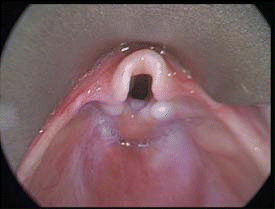
For Laryngomalacia, Microdebrider-Assisted Supraglottoplasty Preferred
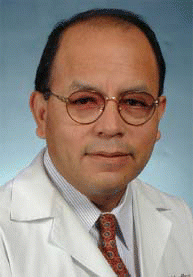
Induction Chemotherapy for Base of Tongue Cancer Under Study
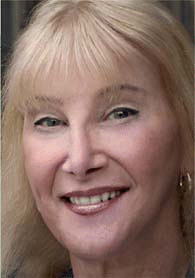
Pulsed-Dye Laser May Be Useful for Vocal Fold Scarring
Every five years I make a list of the ten toughest problems in laryngology, said Jamie Koufman, MD, Director of the Voice Institute of New York.
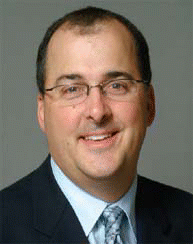
Repair Spontaneous CSF Leaks Firmly to Avoid Recurrence
When repairing a spontaneous cerebrospinal fluid (CSF) leak, the surgeon needs to take extra measures to guard against recurrence, according to a team of investigators at the University of Pennsylvania.

Pediatric Extraesophageal Reflux Disease: A Diagnostic Dilemma
Residency versus Fellowship in Otolaryngology: What is Practiced and Referred after Graduation?
Two studies presented at recent Triological Society meetings, both of which surveyed former otolaryngology residents about current otolaryngology surgical training and postgraduate practice and referrals, shed light on the direction in which the specialty’s training may need to move.
- « Previous Page
- 1
- …
- 299
- 300
- 301
- 302
- 303
- …
- 328
- Next Page »